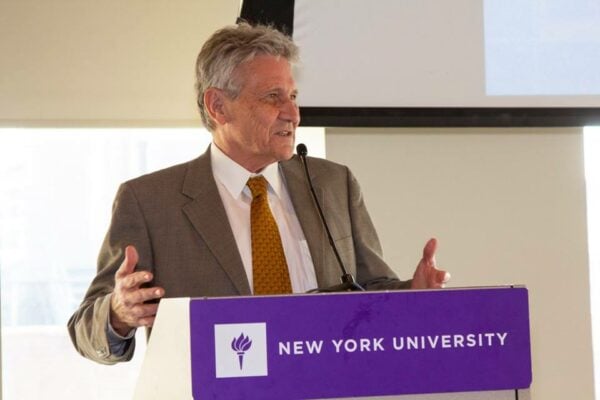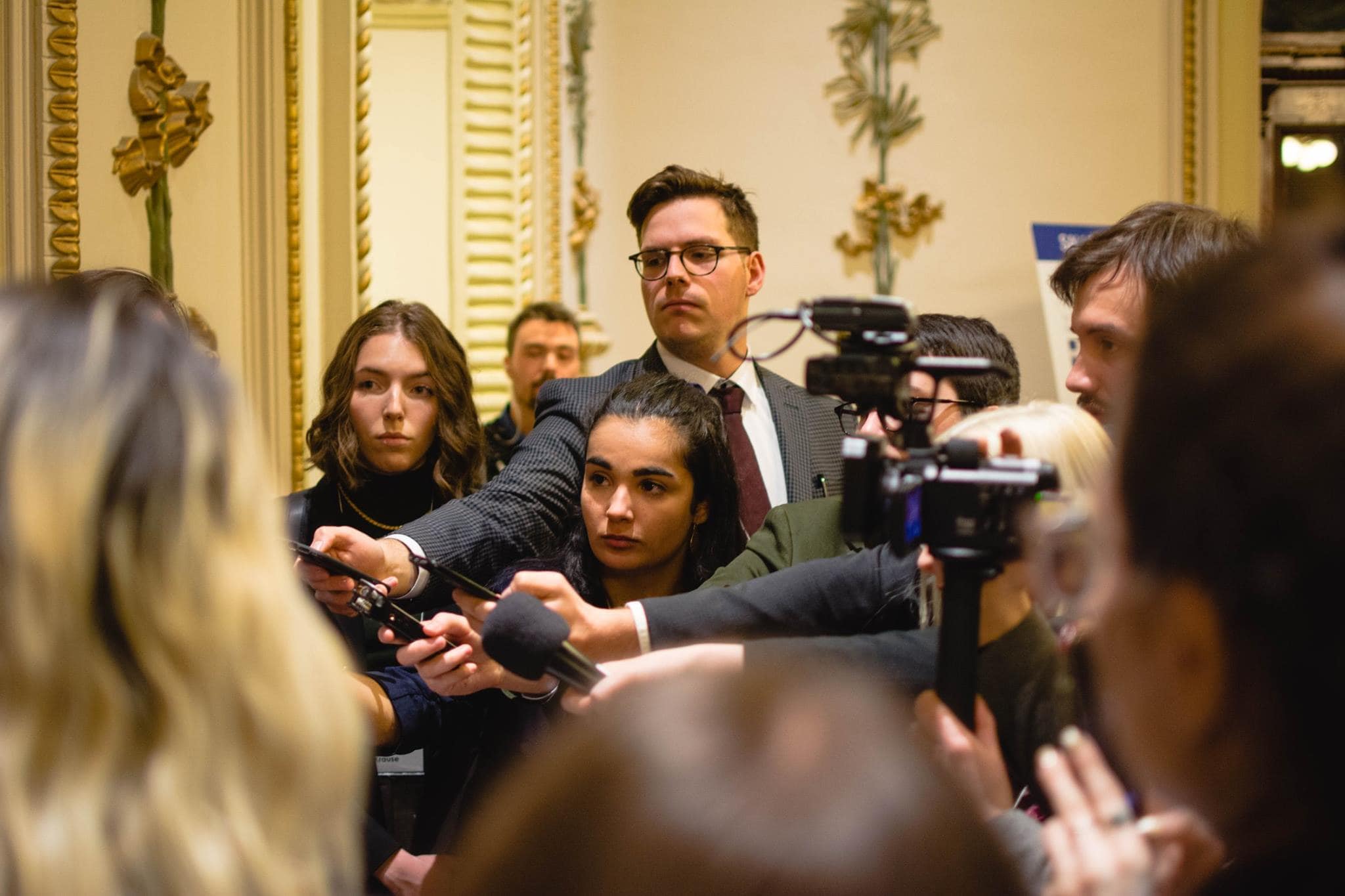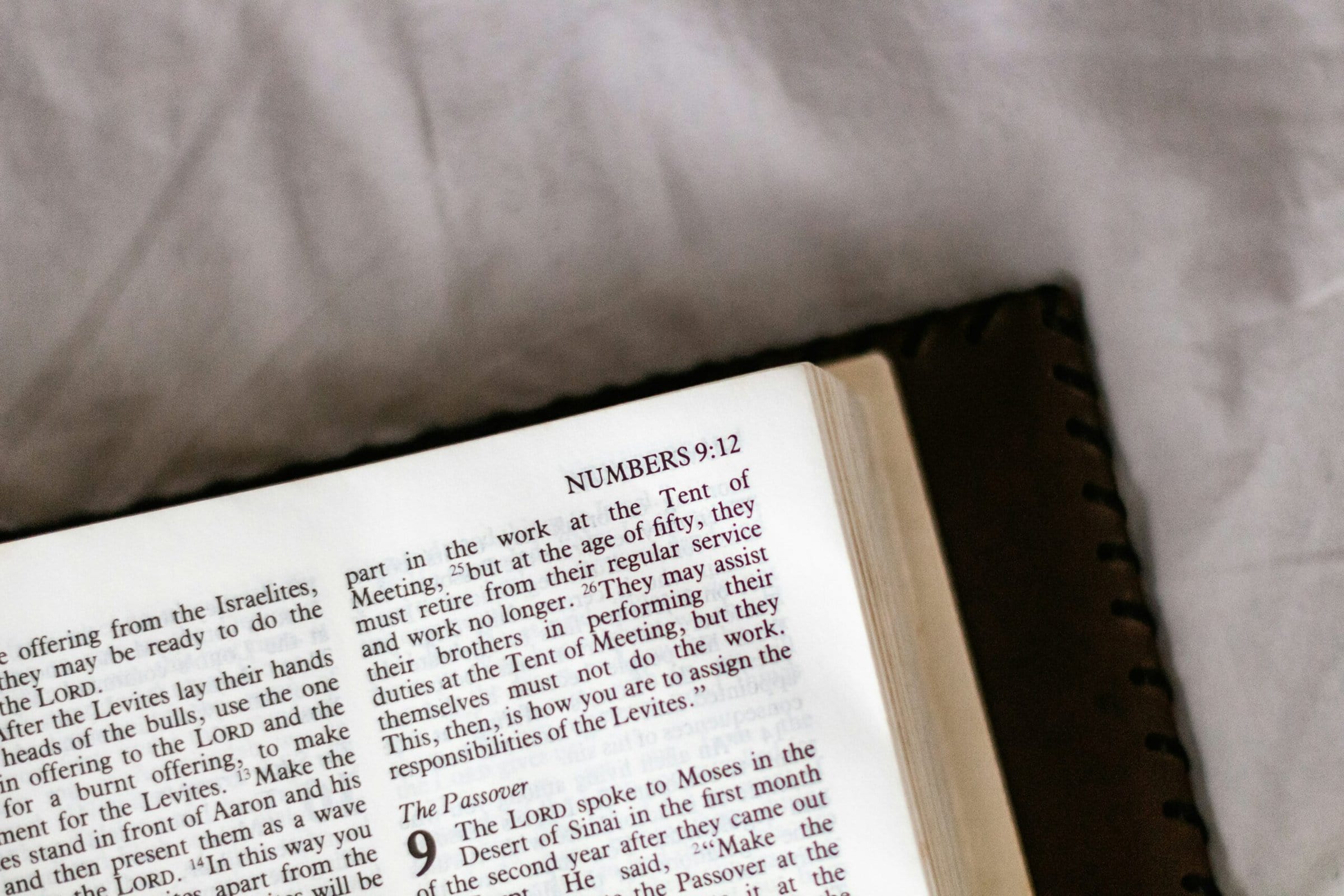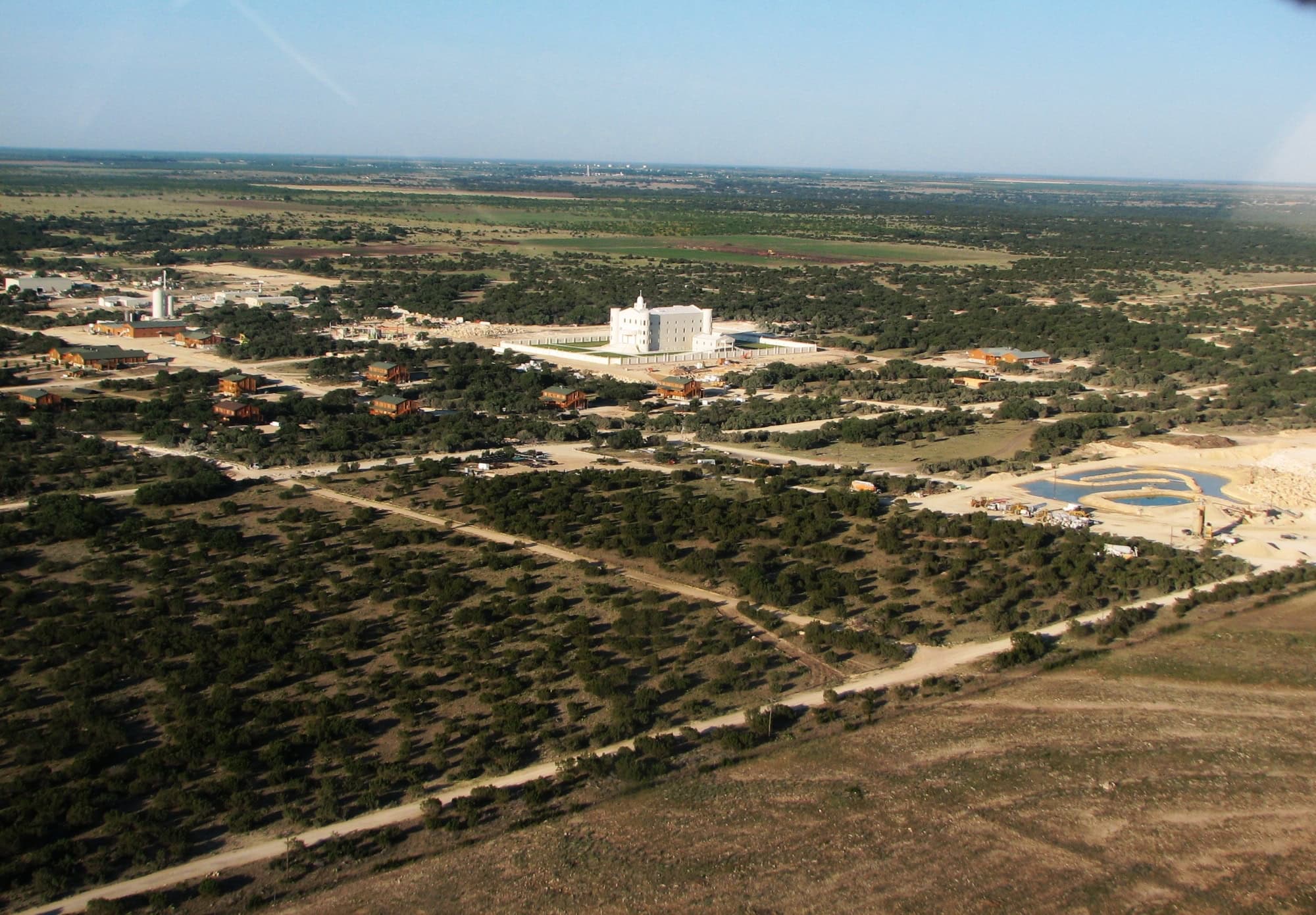James (Jim) W. Fraser is a professor of history and education at New York University. He lives in New York, New York, and has been a member since 2010.
Website: https://steinhardt.nyu.edu/people/james-fraser

Alma mater/s: BA, University of California, Santa Barbara, 1966; MDiv, Union Theological Seminary, 1970; PhD, Columbia University, 1975
Fields of interest: religion and education, teacher preparation, high school social studies
Describe your career path. What led you to where you are today?
Long and winding—religion and education research, then teaching education policy, then a long career in administration, now happily a senior scholar with time to teach and write.
What do you like the most about where you live and work?
New York City is the most vibrant place in the world (in spite of COVID). I never get tired of it though I do enjoy long breaks of rural living.
What projects are you currently working on?
New books on Religion at the American University (Johns Hopkins Univ. Press) and a Handbook on Schools and Religion (Bloomsbury) and secondary textbooks (Pearson).
Have your interests evolved since graduation? If so, how?
In a circular fashion but an increasing focus on what happens in schools and colleges.
What’s the most fascinating thing you’ve ever found at the archives or while doing research?
How mainstream the teaching of eugenics was in the 1920s and 1930s. There are twice as many pages on eugenics as on evolution in the textbook that led to the Scopes Trial and many universities—including NYU—had courses in eugenics. Racist ideas have been with us for a long time.
Is there an article, book, movie, blog etc. that you could recommend to fellow AHA members?
Diarmaid MacCulloch’s Christianity: The First Three Thousand Years—I learned a lot that was far beyond my normal interest and it is both very scholarly and written in an informal, accessible style that I value.
What do you value most about the history discipline?
We keep learning about our roots—good and very bad—in ways that can inform our current complex lives and remember that we are not the first generation to face some of these issues . . . and we can teach a new generation to value the importance of complexity and humility, which are both in overly short supply today.
Why is membership in the AHA important to you?
When a high school textbook that I wrote was attacked by Fox News and I got a good bit of hate mail, it was important to have historians whom I respected, even if I did not know them, take the time to reach out, email, or call me and support me. We are a community.
Do you have a favorite AHA annual meeting anecdote you would like to share?
Annual meetings are big and hard to navigate, but one can find a place. More important to me has been to see AHA executive director Jim Grossman show up and be an important voice at separate meetings to discuss high school history teaching and AP History standards. I wish more of my AHA colleagues took high school history and introductory college history courses for nonmajors more seriously. They inform a very large portion of the American public and need to be engaging (not boring) and accurate.
AHA members are involved in all fields of history, with wide-ranging specializations, interests, and areas of employment. To recognize our talented and eclectic membership, Perspectives Daily features a regular AHA Member Spotlight series.
This work is licensed under a Creative Commons Attribution-NonCommercial-NoDerivatives 4.0 International License. Attribution must provide author name, article title, Perspectives on History, date of publication, and a link to this page. This license applies only to the article, not to text or images used here by permission.



